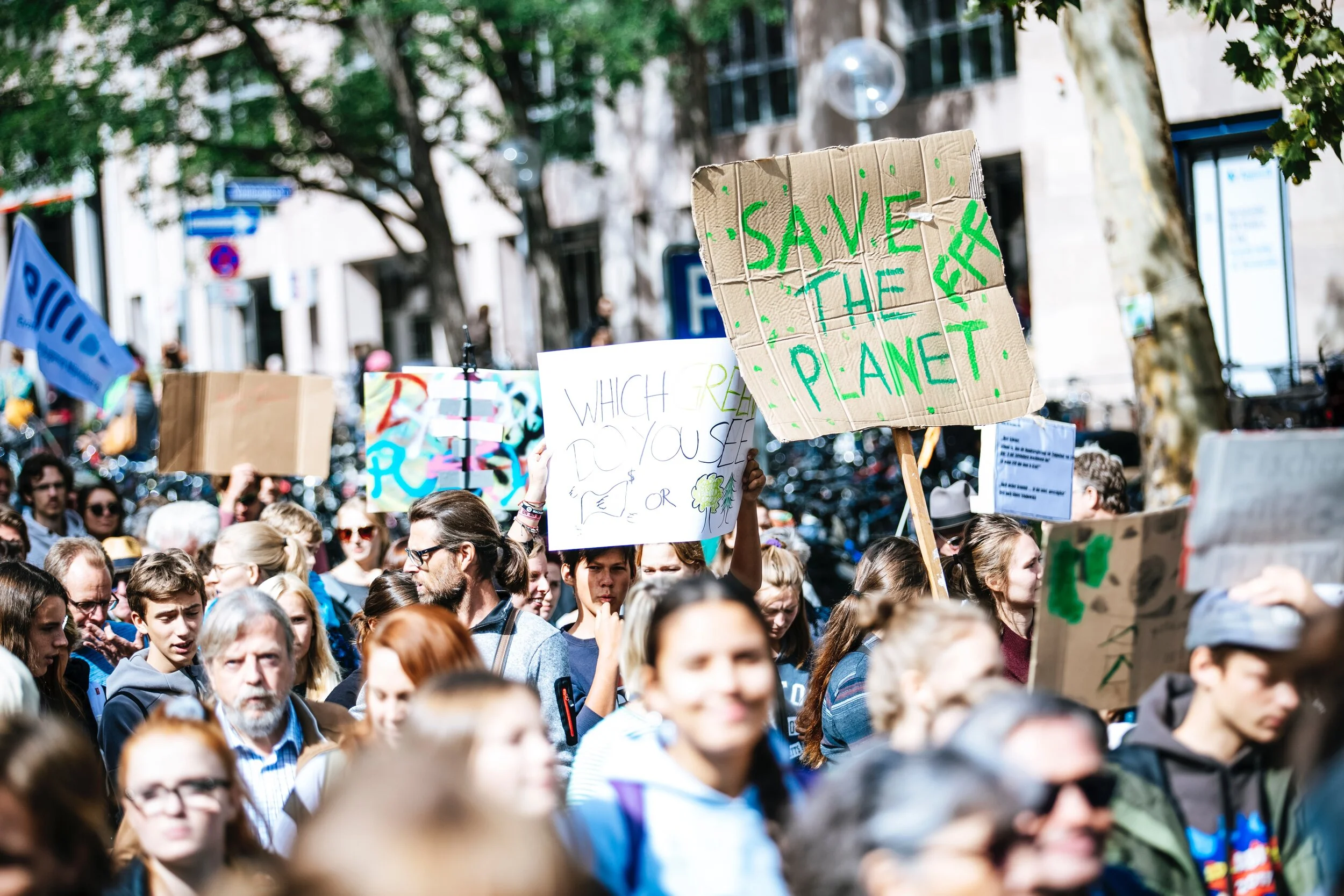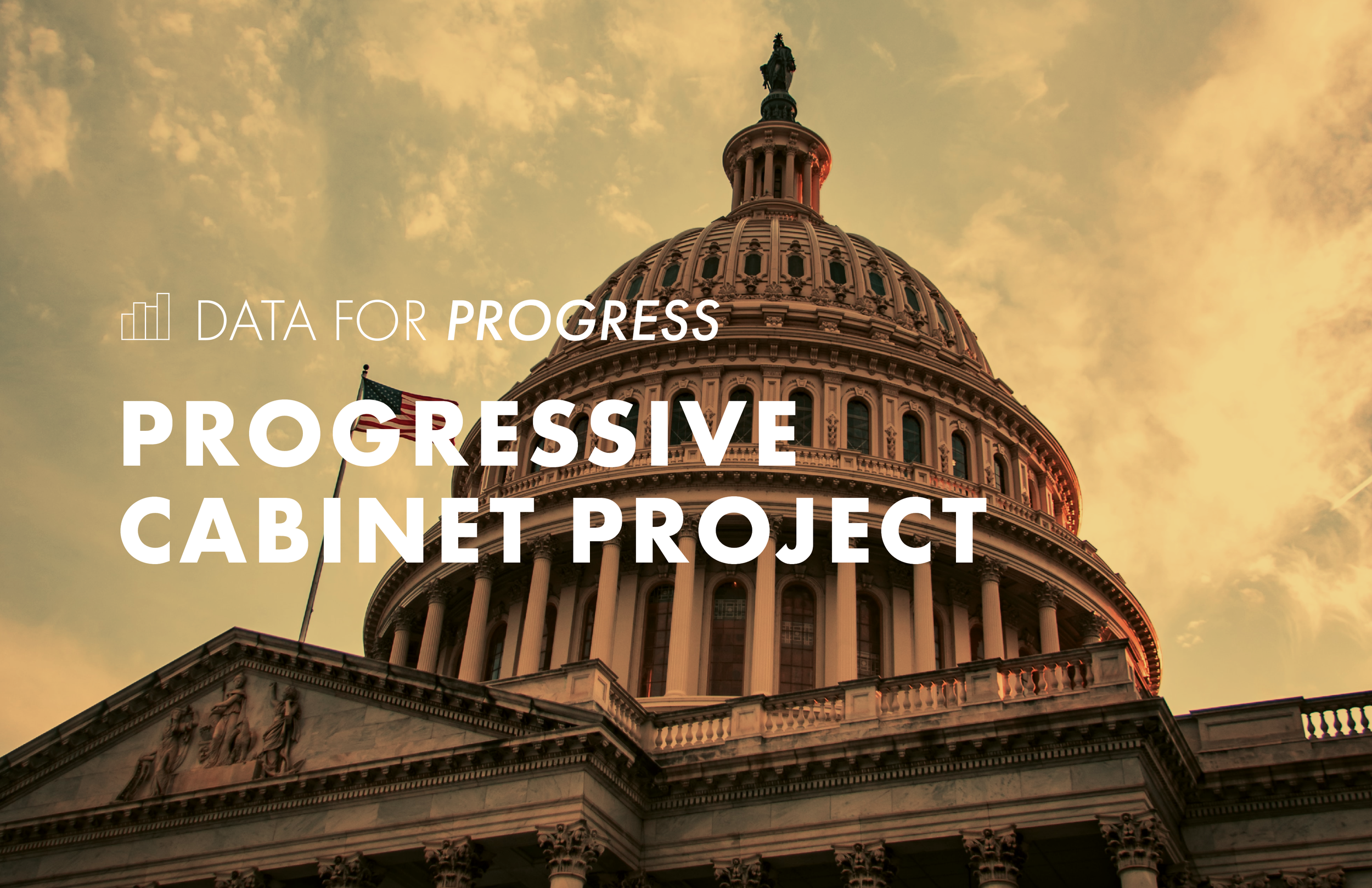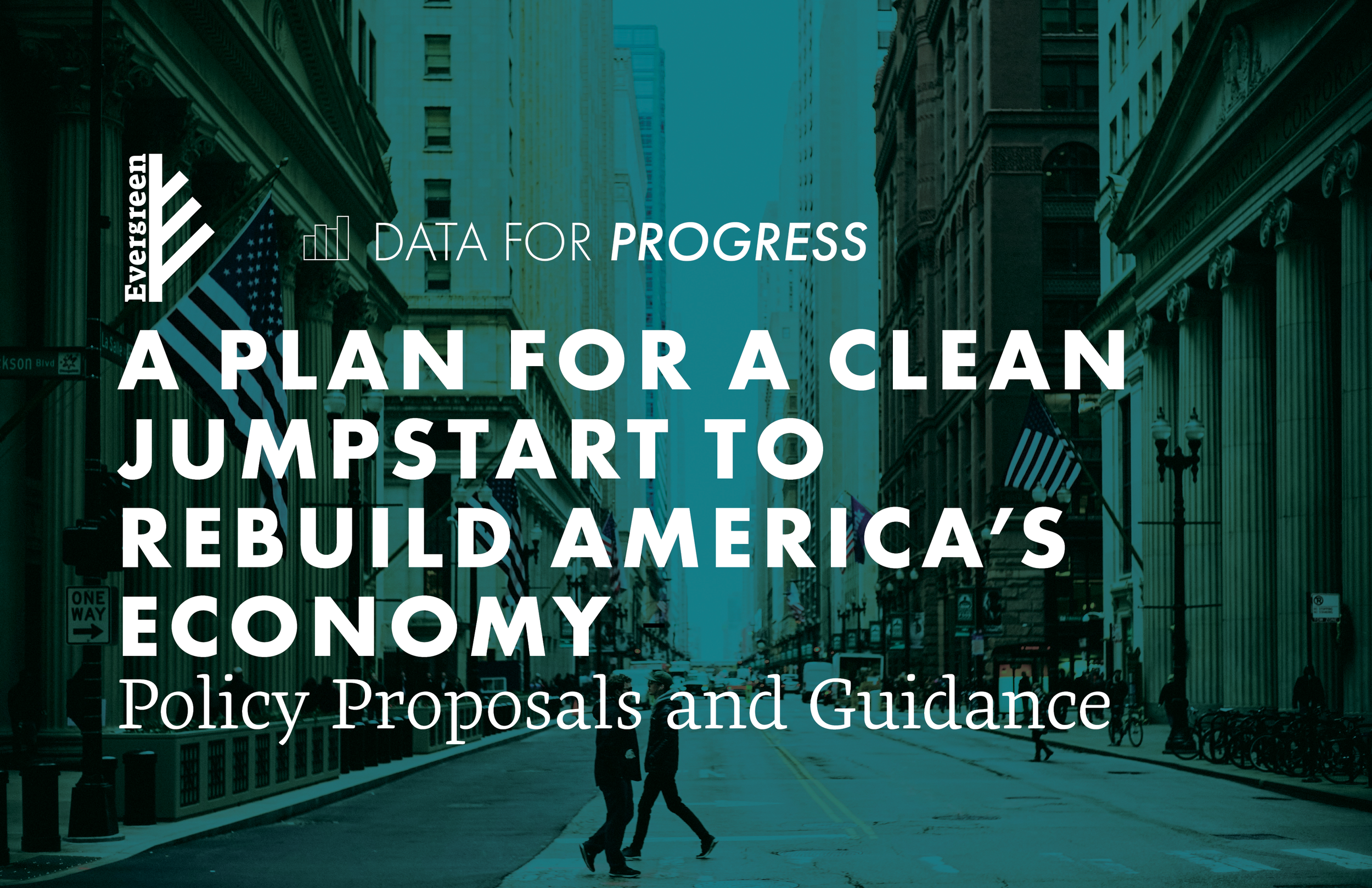Memo: The Government Must Increase SNAP Benefits and Eligibility to Avoid a National Food Emergency
By Andrea Freeman Associate Professor, University of Hawaii William S. Richardson School of Law
Executive Summary
The coronavirus pandemic has created a global food security crisis that threatens to eclipse the disease itself. A recent survey by the Brookings Institution revealed unprecedented numbers
of children going hungry in the United States.
In late April, close to one in five households with young children did not have enough food for their kids, a rate three times higher than at any point during the 2008 recession.
One of the government’s band-aid solutions was to allot funds to the Department of Agriculture (USDA) to buy food from farmers to give to food banks. This ad hoc measure has proven clumsy and inefficient. Millions of desperate, newly-unemployed people, from Egg Harbor, New Jersey, to Honolulu, Hawaii, wait in miles-long lines to receive food that is often inadequate, low-quality, and unhealthy.
The only real solution to rampant food insecurity is a more generous and flexible food assistance program. Democrats reintroduced legislation in April that would expand the Supplemental Nutrition Assistance Program (SNAP), commonly known as “food stamps,” to stave off the hunger awaiting many families.





